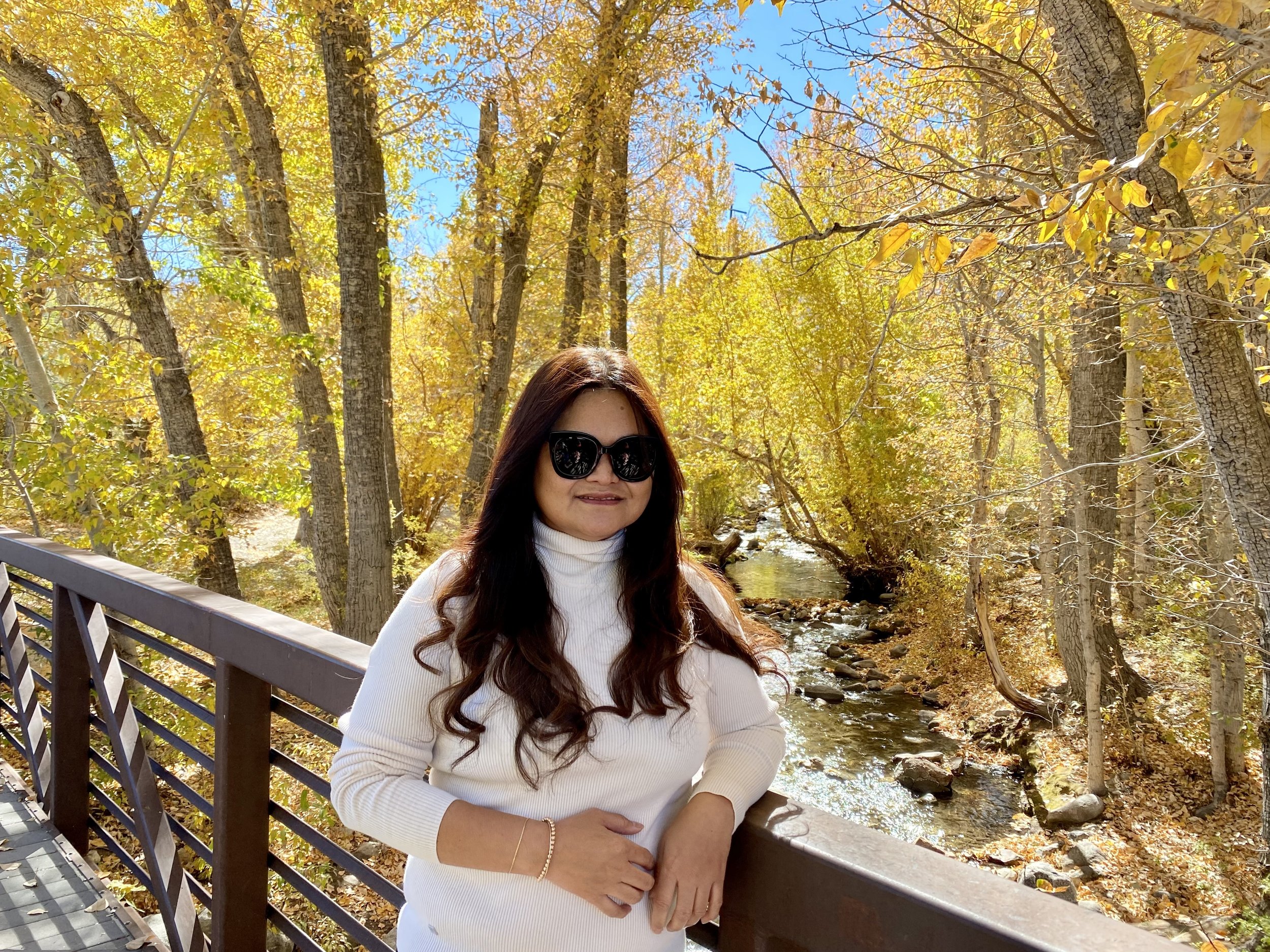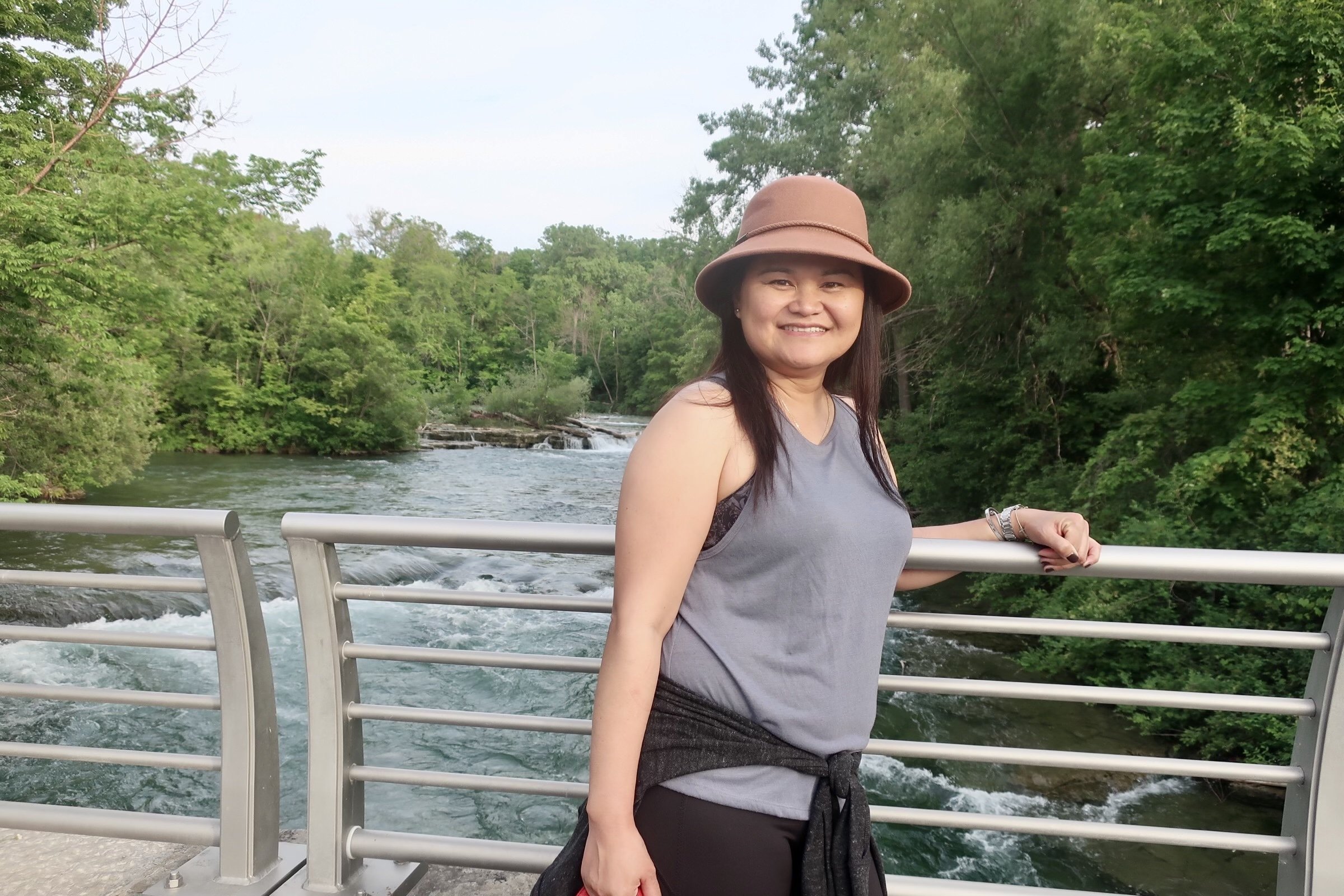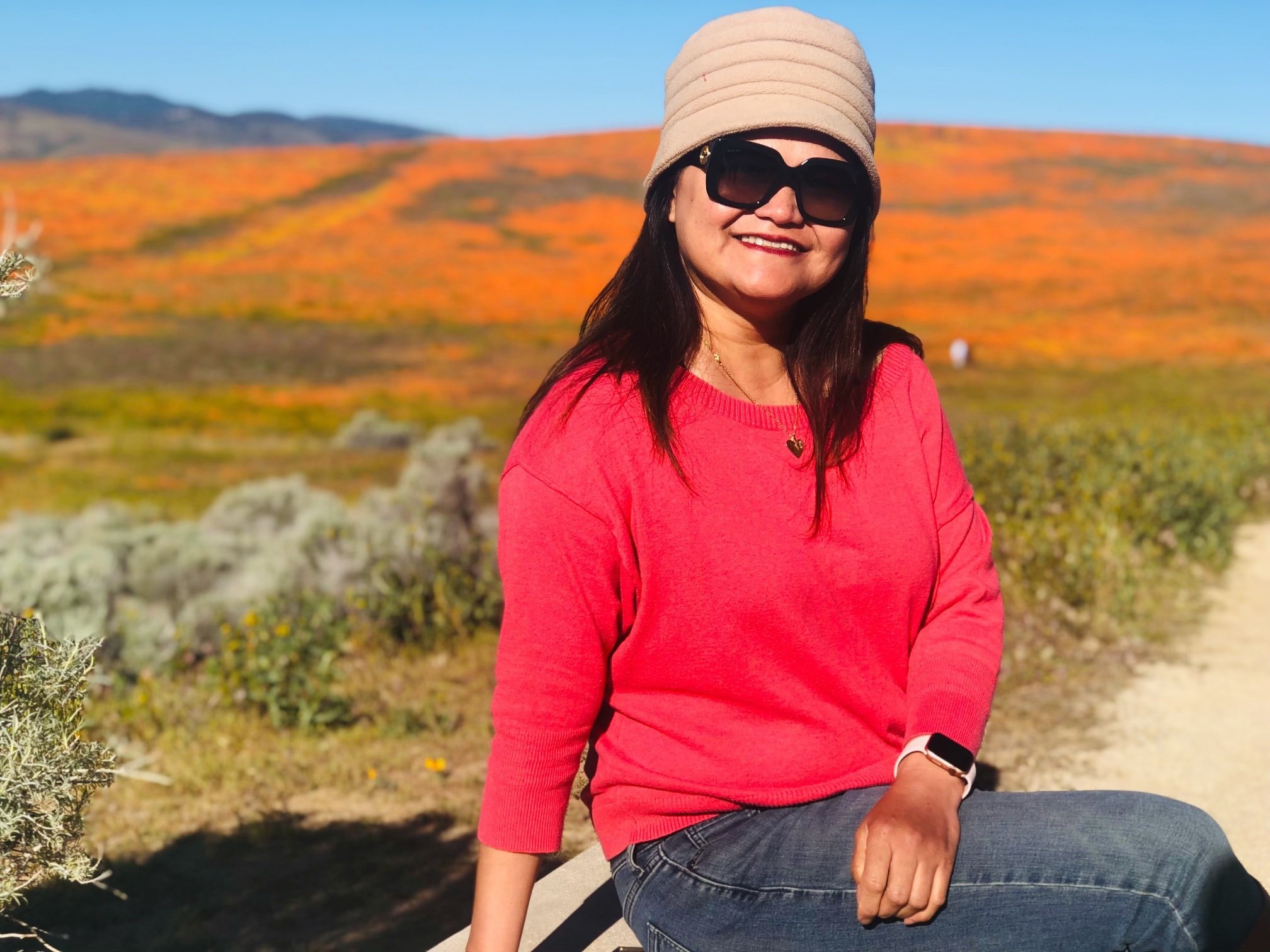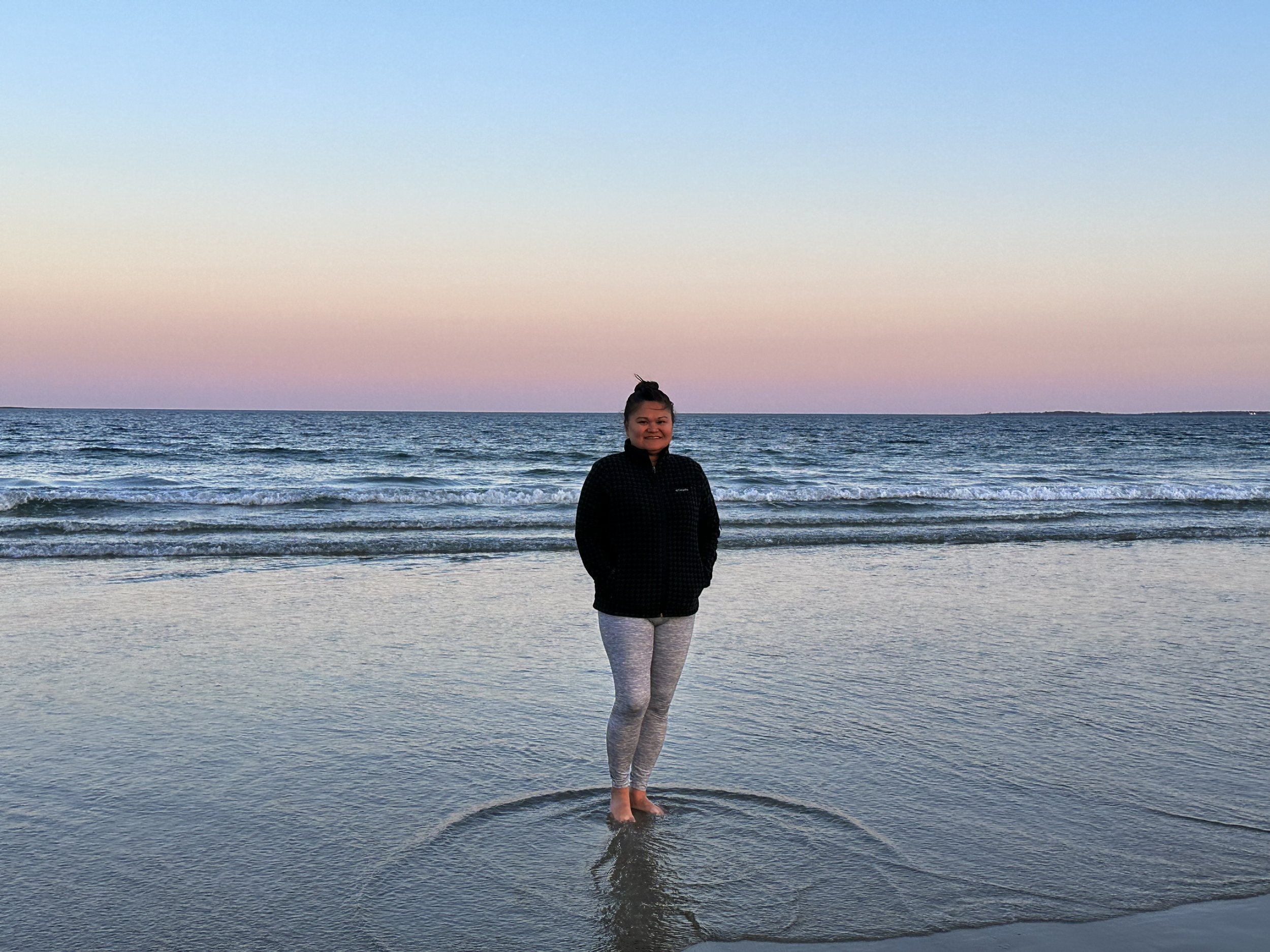Heart Disease? Me?
By Beth Tabanera
I grew up reasonably healthy and stayed that way through nearly 43 years, with few noticeable ailments. I lived a rich international life, with travels stretching across the globe, allowing me to experience different cultures, cuisines and ways of life, all which served me well.
I never thought I was invincible, but I’d also never been severely ill or hospitalized. but over the course of a few weeks less than a decade ago, my health rapidly and unexpectedly began to deteriorate – and I didn’t know why. I quickly dismissed each warning sign and kept up my breakneck pace, remaining focused on work and social obligations until I simply couldn’t keep it up.
That was a day that I would remember vividly if I weren’t so delirious, I became sick to the point I couldn’t even manage to take a shower. I managed to drag myself to urgent care thinking that I would be prescribed some medication that would quickly and easily resolve whatever was causing my symptoms. Unfortunately, that’s not what happened. The doctor told me I had pneumonia. That “pneumonia” wreaked havoc on me. I became a regular at urgent care, which was a vicious and unending cycle until a friend, who happens to be a registered nurse, urged me to go to the emergency room, which I did the very next morning Fortunately, the waiting room was empty and I got in right away. The attending nurse told me my heartbeat was 175 and it wasn’t going down. I didn’t feel it, so I wasn’t concerned.






After an array of tests, the doctor diagnosed me with atrial fibrillation (AFib) and referred me to the on-call cardiologist. Since it wasn’t pneumonia and I had no idea what AFib was, I asked the doctor when I could go home. I was surprised when he told me that going home wasn’t an option. I thought that maybe I’d stay for a night or two to get some rest and then be sent home with a few prescriptions that would complete the healing process, but that simply wasn’t in the cards. After a thorough check of my heart, the results showed I had severe mitral valve stenosis and needed surgery as soon as possible. I went on to stay an entire month in the hospital, primarily in the ICU. Like most people, I’ve experienced heartbreak before, but I never expected that my heart would literally break. I was devastated. Crying was my comfort. So were lots and lots of prayers. I was in such pain that I was ready to die and scared to live. I didn’t know what life would be like after heart surgery because I lived by myself and didn’t have any family nearby. How was I going to survive? I was also fearful about not being able to work. I was so consumed with fear that I forgot how God had already walked me through many seasons of my life. Throughout my childhood, I don’t remember being sick. My cardiologist told me I might have had rheumatic fever as a child but didn’t know it. We didn’t have many medical options where I grew up; when a child had a fever the parents would give them paracetamol from a nearby store, and they’d feel better, never expecting the illness to have lasting effects.
After my heart surgery, the pain was unbearable, and for good reason. Unfortunately, I had some complications. The doctors thought my heart was bleeding, and they wanted to crack my chest open again. The thought of getting another open-heart surgery in less than 24 hours was scary. I cried incredibly hard. I told my cousin I couldn’t go through that pain again. Honestly, the thought of that experience after all these years still haunts me, and I always shed tears every time I think about it. After a few tests and an MRI, the medical team discovered I had water in my lungs. That’s what was causing the pain! Thankfully, I didn’t have to go through another surgery, but they had to drain my lungs. The time I spent hospitalized felt like it was filled with never-ending battles, but I also realized how good it felt to breathe normally. All along I’d thought my breathing was normal, at least for an asthmatic since that illness runs in my family. Yet I’d always experienced difficulty breathing. I thought that was normal.
My recovery wasn’t easy. The fear of not being able to wake up the next day, the pain, and the PTSD was no joke! I was a wreck, crying over little things, and was forgetful. I couldn’t remember names, even a person I’d known for years. But as the days went by, I began to recover. It’s amazing how the body heals, the scars dissipate, the appetite reappears, lost lost weight returns, and the brain fog slowly fades.
In the span of one month, I lost 38 pounds. The journey wasn’t easy, but, with the help of my medical team, friends, family, prayers, and my faith, my condition improved.
Having a mechanical heart valve (it’s called a St. Jude heart valve), gives me peace of mind because it is supposed to last a lifetime. One thing nobody told me before surgery was that I would be required to take blood thinners for the rest of my life. My first few weeks of taking Coumadin weren’t easy. It took me weeks to figure out my dosage and which foods I can eat and what I’m supposed to limit. Being on blood thinners also meant thatI had to limit my physical activities because they made me prone to bleeding.
A survivor goes through a lot, but one thing I realized is that I couldn’t take things for granted. Life is short, but it is beautiful. The pain and struggles were worth it because I get to continue to see and experience so much in life. I am truly blessed, grateful and loved and by the grace of God and the ingenuity of the medical community I am here to share my story. I hope my experiences provide hope for others who are experiencing heart issues.




